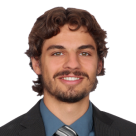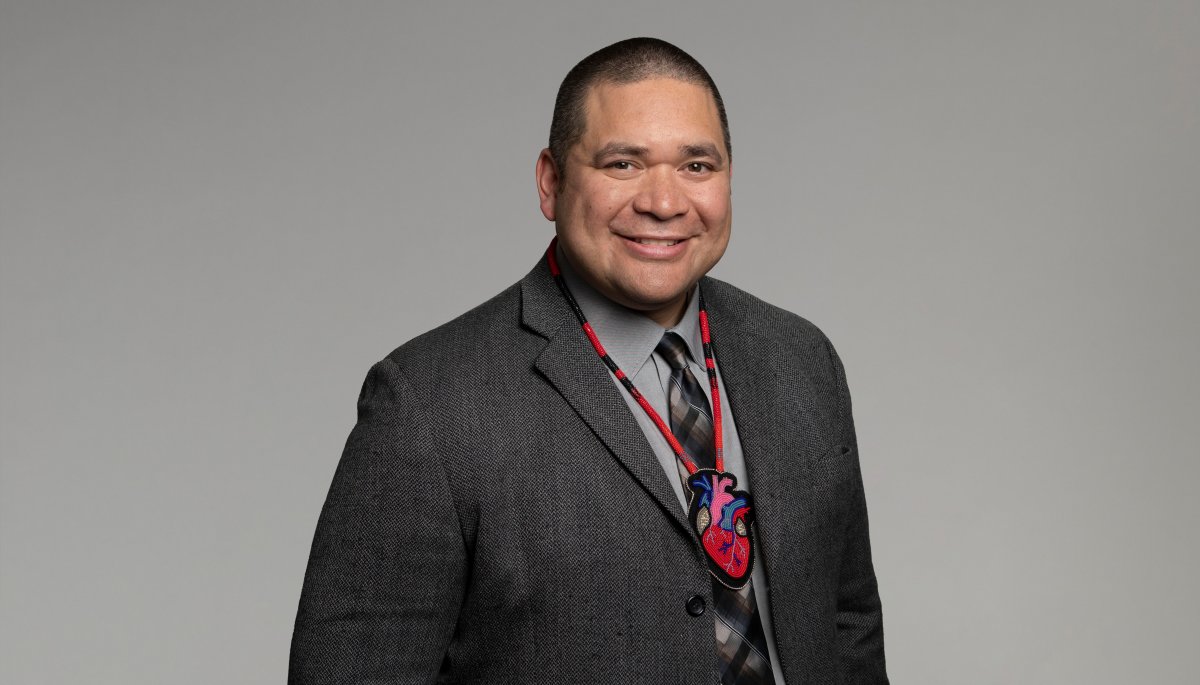The pandemic has been hard on medical staff everywhere, but for Dr. Alika Lafontaine, COVID-19 isn’t the start of the challenges he has faced.

Growing up in Saskatchewan, Lafontaine had a stutter and was told he has a learning disability. His teachers told him he would never graduate high school.
“My parents were informed by the school that they had given me a diagnosis of developmentally delayed with a speech impediment,” Lafontaine said. “Shortly after that, they realized the school system had decided they didn’t really think my condition was treatable.”
Lafontaine made the transition to being homeschooled, before spending a brief period of time at Winston Knoll Collegiate in Regina.
On top of the experiences he had at school, Lafontaine also faced societal pressures growing up as an Indigenous man wanting to become a doctor.
Yet every step of the way, he has proved he could accomplish more than people thought. Not only did he graduate high school, but he did so at the age 14.
Lafontaine finished his Bachelor’s degree in Nursing at the age of 19, before attending medical school at 23 and becoming an anesthesiologist at 28.
On August 21, 2022, Lafontaine was named the president of the Canadian Medical Association (CMA), becoming the first Indigenous person to ever hold the position.
“Whenever you see someone in a position who has never filled it before, there’s a whole world of opportunities that opens up,” Lafontaine said. “I really hope that when indigenous physicians see me in this role and when indigenous youth see a physician in this role, that comes from a similar background as them, (they) think ‘We can lead in these leadership roles as well. I have something to contribute. I can become a doctor, I can become a health professional or anything that I want to be.'”
As CMA president, he’ll oversee more than 68,000 member physicians and trainees and lead the largest advocacy group for medical doctors in Canada.
Lafontaine accepts the job at a time when many health care systems are experiencing staffing shortages and where patients have high wait times. He said part of his role is to fight for funding, but also understanding.

“If you look historically, all these crises are converging at a single point right now,” he said. “And the birth of those crises has really been a result of this growing obsession with efficiency and cost-cutting. Even when we’re cutting services below the level they are actually sustainable, we often still celebrate those cuts. Taking money away from a program that is essential is somehow a good thing.”
As Lafontaine moves into his new role, he always keeps his upbringing in mind when helping any patient because you never know what they might be capable of.
“When I see a patient, there’s a lot of projection that goes on,” he explained. “You see someone, and you get used to seeing certain patterns of behaviour. And you say to yourself, you know, this is what’s going on. This is what I need to treat. But a lot of times, our information is only partial.”
“The reality is sometimes we’re right and sometimes we’re wrong when we make decisions as experts,” he said. “And the people who have to carry the weight of those decisions are really the people that we’re trying to help.




Comments